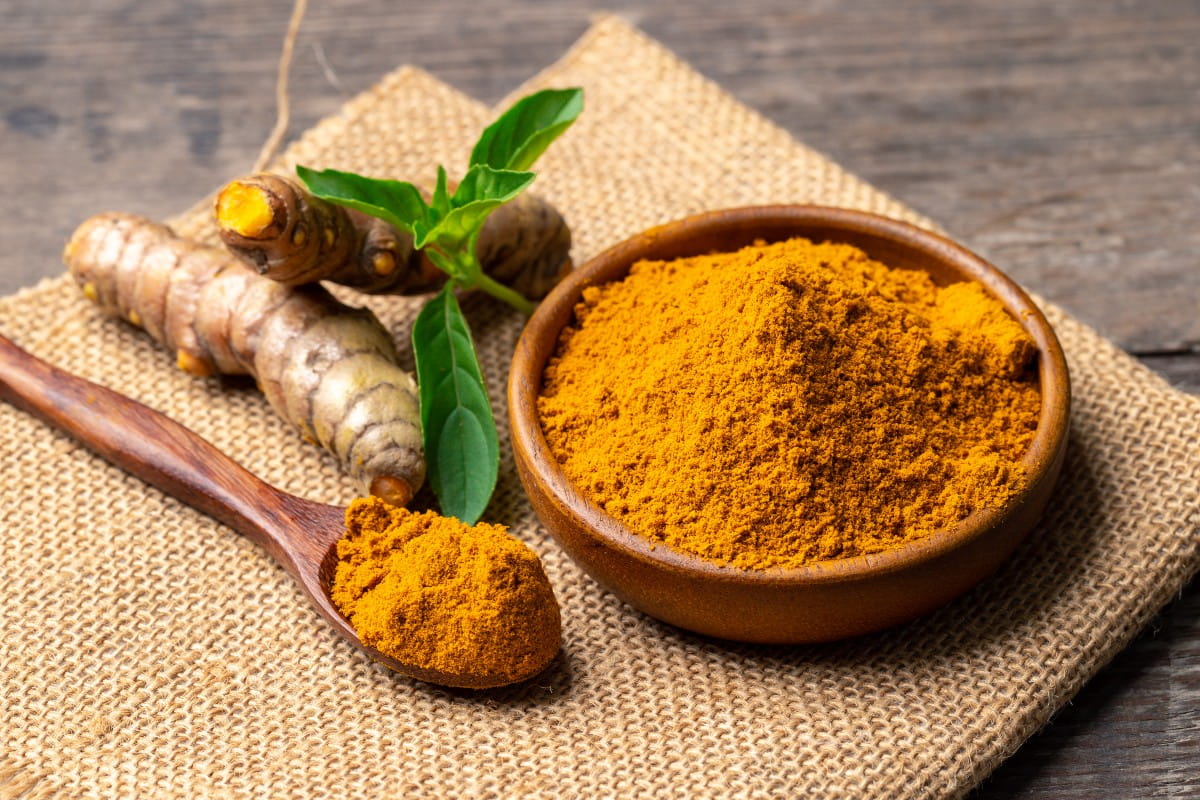What’s the latest on brain enhancer food? Good brain food can protect our brains as we age. Get details on super brain foods from Hiliary Muse, RD CNSC, Medical Nutrition Therapy.
Understanding cognitive health
Cognitive health involves a person’s ability to learn, remember and think clearly. It can decline as people age. Lower cognitive health can lead to problems performing everyday activities, including living safely and independently in your own home. Some people with low cognitive health have conditions like Alzheimer’s disease or dementia.
Best food for brains
People can protect their cognitive health as they age by eating proven “superfoods.” Protect your brain by incorporating brain-boosting foods into your regular diet.
1. Fatty fish for brain health
Fish that live in colder climates need extra fat to keep their body temperature up. Types of fatty fish include:
- Albacore tuna
- Herring
- Salmon
- Sardines
- Trout
“What’s so good about fatty fish are the omega-3 fatty acids,” explains Hiliary Muse, RD CNSC, Medical Nutrition Therapy. Sixty percent of your brain is made up of fat – over half of that fat is omega-3 fatty acids. Your brain uses those omega-3s to build the nerves and brain cells essential to cognitive functions such as memory, thinking and learning. Omega-3s can also improve your mood.
Research has shown that omega-3s may help slow age-related mental decline, including Alzheimer’s disease. People who don’t get enough omega-3s in their diet are at a higher risk for cognitive impairment and depression as they age.
The American Heart Association recommends eating fatty fish at least twice each week. Try it grilled, baked or smoked.
There are some non-fish items that contain Omega 3 fatty acids that the body converts to DHA. These items are good for people who eat fish or for people that are vegan or vegetarian. Some of those food items include seaweed, walnuts, chia seeds, ground flaxseed.
2. Coffee for cognitive health
Java lovers, rejoice! Research has found that adults who drink three or four cups of coffee each day experience cognitive health benefits. These benefits include reducing your risk for Parkinson’s disease and Alzheimer’s disease. Experts believe that the antioxidants present in coffee can help protect your brain from these age-related conditions.
The caffeine found in coffee can also give your brain a boost. Caffeine can help your brain by:
- Boosting your concentration
- Improving your mood
- Increasing your alertness
Just remember to enjoy your cup of joe in the morning or early afternoon so its caffeine doesn’t interfere with your sleep. It's essential for those with heart conditions to consult their cardiologist or primary care physician to determine the best approach to caffeine intake for their health.
3. Blueberries boost your brain health
Experts have long touted the health benefits of berries – and blueberries are some of the most beneficial. “Blueberries and other dark berries contain anthocyanins, which are plant compounds with antioxidant and anti-inflammatory properties,” says Hiliary Muse, RD CNSC, Medical Nutrition Therapy. Antioxidants can help:
- Improve communication between brain cells
- Reduce inflammation
- Slow down brain aging and cognitive disease
Blueberries also contain flavonoids, the pigments that give deeply-colored fruits their natural colors. Flavonoids can help improve memory as we age.
Add blueberries to your diet as a snack with nuts, on top of your breakfast cereal or in a smoothie. Try to eat several servings of berries each week to complement your five-a-day fruit and vegetable healthy eating goal.
4. Turmeric for better cognitive health
Turmeric is a yellow-colored spice commonly used in curry-based dishes. Turmeric contains curcumin, which contains antioxidant and anti-inflammatory properties. Research shows curcumin can help with:
- Depression and anxiety reduction
- Memory improvement
- New brain cell growth
Foods that contain turmeric – like many types of curry – are a great source. “However, taking a daily supplement with between 500 and 2,000 mg of turmeric is the best way to get a high enough amount of this spice,” explains Hiliary Muse, RD CNSC, Medical Nutrition Therapy.
5. Broccoli benefits for brain health
Growing up, your family may have told you to “eat your veggies” – but they probably didn’t understand all the benefits of broccoli and leafy greens. Broccoli contains a three-fold super brain boost:
- Antioxidants to protect your brain as it ages
- Sulforaphane that may protect your brain from damage
- Vitamin K to help promote brain cell health
Stay healthy for life
If you have questions about which foods to eat for optimal lifelong health, we’re here to help. Start by speaking with your Riverside Health primary care doctor.



